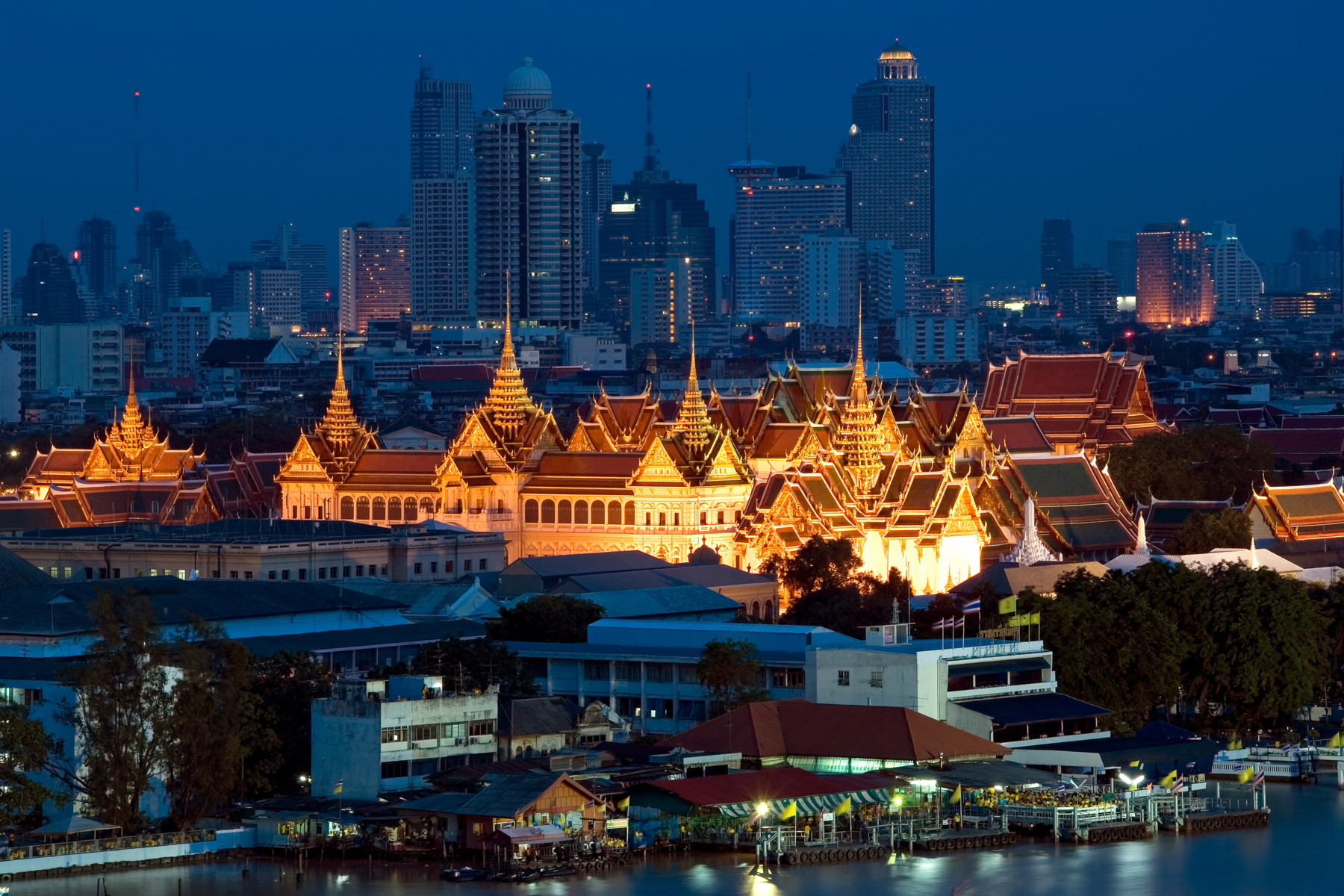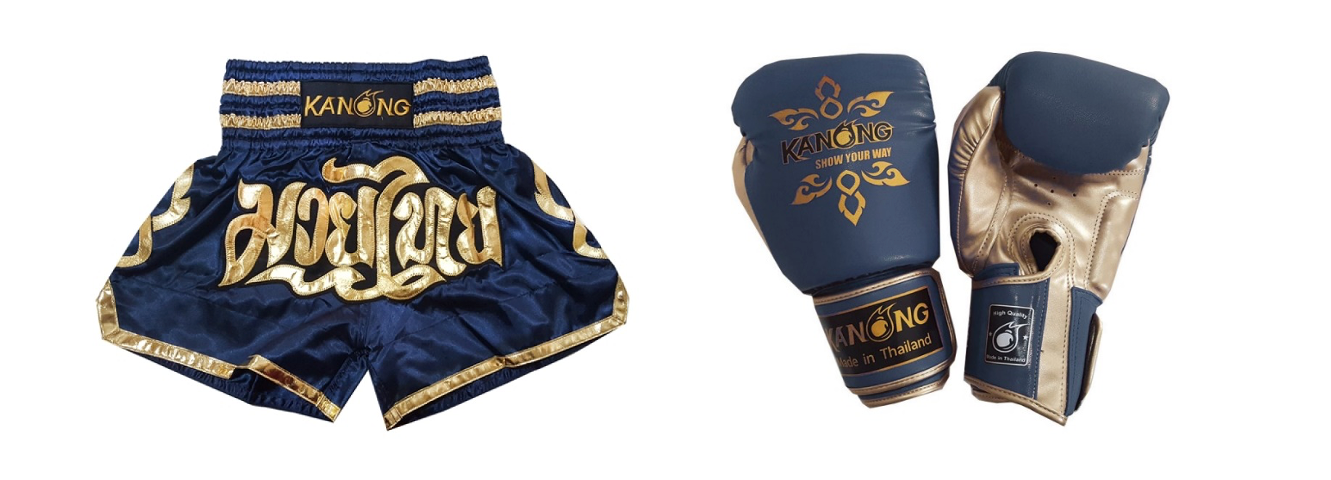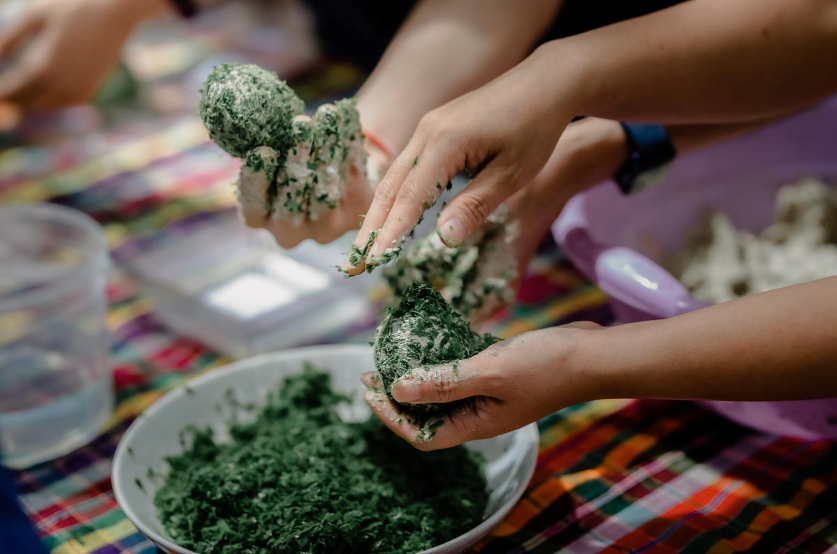
Why Thailand
Uniquely Thai

Thailand is well-known for the “Uniquely Thai” which impresses the international MICE travellers whether it is the unique service and hospitality of people and Thai food. Discover new experiences in the unique way of life in terms of valuable traditions and local culture and plentiful nature. Besides, assorted MICE activities and events are available to fulfill all kinds of demand. It is a rare experience that can be discovered in Thailand only. Moreover, with the efficient provision of the world-class facility to organise MICE events and the diverse concept of the creative organisation under the uniqueness, Thailand is the destination that fulfills all demands for MICE.
1. Thainess
- Thai manners
Thai manners, or etiquette, are a distinctive character trait that truly reflect the concept of ‘Thainess’. It is the expression of showing respect, humility, politeness, refinement, and behaviour appropriate to any given situation. Respect can be shown through speech, dress, or the correct display of appropriate Thai etiquette. This display of manners reflects well on the individual and will be met with acceptance in the wider society. Persons coming in contact with these expressions of Thai etiquette cannot help but be impressed.
- Integrity
Thai society places great value on honesty and doing the right thing, both in expression and action towards others. Pure intentions and fairness are highly regarded. It is common to hear foreigners speak of their Thai colleagues’ sincerity and honesty.
- Community mindedness
A sense of community mindedness is also highly regarded by Thai society – an ability and willingness to sacrifice the personal benefit for the common interest. This is a key component of the ability to live and work harmoniously within both the wider society and the local community. For community to function there must be a generosity of spirit and a mutual understanding of thinking and acting for the benefit of all.
- The Thai family
The strength of the Thai family has been an intrinsic part of Thai society since ancient times where the warmth of familial relationships are encouraged and deepened by customs, traditions and the culture that continue to be taught from generation to generation: younger generations respect and obey their elders according to the seniority of the family members; children show gratitude towards their parents and elder relatives; the elderly are cared for by younger generations. These are all examples of the strong Thai familial characteristics which begin with the tradition of asking for a beloved’s hand in marriage, through the wedding ceremony and the registration of the marriage. The Thai familial system forms the solid relationship cornerstone of Thai society and continues to be passed down through the generations, even as so much of Thai society continues to change all around it.
- Thai souvenirs
Thai boxing equipment and gear are popular souvenirs that really convey Thai culture. Thai boxing has been a key aspect of Thai culture for centuries and records of boxing matches date from the Ayutthaya period of Thai history. Thai boxing or Muay Thai is a martial art that can be practised for self defence, as part of an exercise routine, as a recreational activity and is fun for both fighters and spectators. For these reasons, Muay Thai has seen its popularity abroad grow exponentially throughout Asia, Europe, and the Americas as more and more people embrace the sport. Thai boxing equipment and gear are extremely popular with visitors to Thailand with the most popular items to be taken home as souvenirs being gloves and boxing shorts. Both these items can be embroidered with the wearer’s name making unique, truly one-of-a-kind gifts.

- Thai national flower
Every ASEAN country has a floral emblem that is symbolic of its homeland and the ratchapruek flower is the national flower of Thailand. The ratchapruek tree (golden shower tree), or cassia fistula, is a medium-sized tree that blooms in a dazzling display of bright yellow flowers with each flower consisting of five petals. Thai people consider the ratchapruek tree to be auspicious, and if planted in one’s garden, the members of the household will prosper and well-respected. The ratchapruek is well-known to all Thai people and grows in all parts of the country. It has an auspicious history and is associated with many important Thai traditions. It is not uncommon to find rows and rows of ratchapruek trees planted along roadsides offering stunning photo opportunities for MICE visitors. Great locations for such pictures include the Royal Initiative Development Project in the Nong Yai area of Chumphon province, and alongside the Chiang Mai-Lamphun railway.

- Pang Ha Community, Mae Sai district, Chiang Rai
Pang Ha Community, Mae Sai district, Chiang Rai province is a community located on the banks of the Ruak River which forms part of the border between Thailand, Myanmar and Laos. MICE visitors to the community can join fun workshops learning about local ways, including how to make the famous saa paper at the Jinnaluck Saa Paper factory that has been an important part of the community for more than 20 years. To this day, the factory still makes its saa paper using traditional methods. MICE visitors can join a study tour or workshop to learn the skills required, and can stay overnight in homestay accommodation. The factory also offers many other demonstration activities including khantoke shows, facial masks and spa treatments. As well as the Jinnaluck factory, Baan Suan Auy Kham is another spot that MICE travellers should visit with its authentic local food, desserts, and coffee, khantoke performances from local children, and candle-making activities that form part of the popular floating lanterns.
- Baan Tham Suea Community, Kaeng Krachan district, Phetchaburi province
Baan Tham Suea Community, Kaeng Krachan district, Phetchaburi province is a successful example of a “low-carbon tourism community” located upstream on the Phetchaburi River. The community employs tourism principles according to the BCG Model whereby MICE travellers are invited to experience activities related to the “Tree Bank” initiative moving towards sustainability. The community is surrounded by an abundance of nature and has developed its tourism and environmental development along eco-tourism principles and is now an organic agriculture learning centre. The community has created an environmental conservation network that uses the forest for carbon sequestration as part of its moves towards a Net Zero society, and participates in the development of carbon-neutral community-based tourism. Other activities available for MICE visitors include learning how to make ‘pandan salted eggs with puffed pencil’, and butterfly pea flower juice, both of which are activities exclusive to the community, making the popular appetizer seua kluk din or ‘tiger smashing the dust’, or molding plant seeds into bullets to be slingshot back into the forest to foster continued growth, rubber rafting on the Phetchaburi River, or making crispy golden rolls in coconut milk - a product that the community is famous for.

Making salted eggs, a specialty of the Baan Tham Suea communit
- Libong Island community, Kantang district, Trang province
Libong Island community, Kantang district, Trang province – From local fishing community, to conservation and community tourism destination, and sea farming, the marine-life rich seas around Libong Island support a range of industries. The area is a habitat for dugongs and economically valuable aquatic animals including abalone. The Koh Libong Tourism & Occupational Development Community Enterprise Group initiated their ‘Koh Libong Community: Digital Transformation for Smart Environment’ project in co-operation with the Digital Economy Promotion Agency (DEPA) to use drone technology to monitor the coastline to protect the dugongs, develop tourism and combat illegal fishing. An additional benefit is that tourists and MICE travellers are now able to see the dugong herds through projector screens in real time, which offers visitors including the elderly and disabled who might not be comfortable boarding small boats, a great opportunity. The success of the project was recognised by the United Nations Public Service Awards 2022 who rewarded DEPA with an international award for the initiative.







